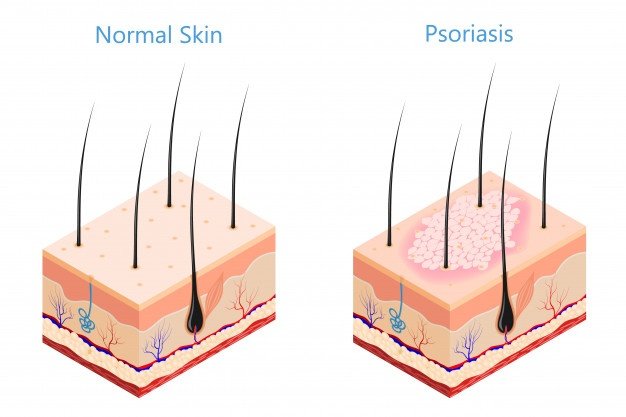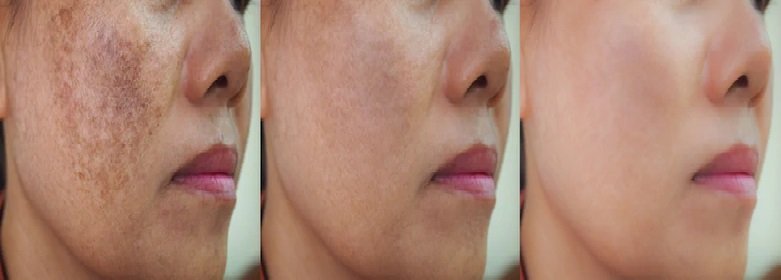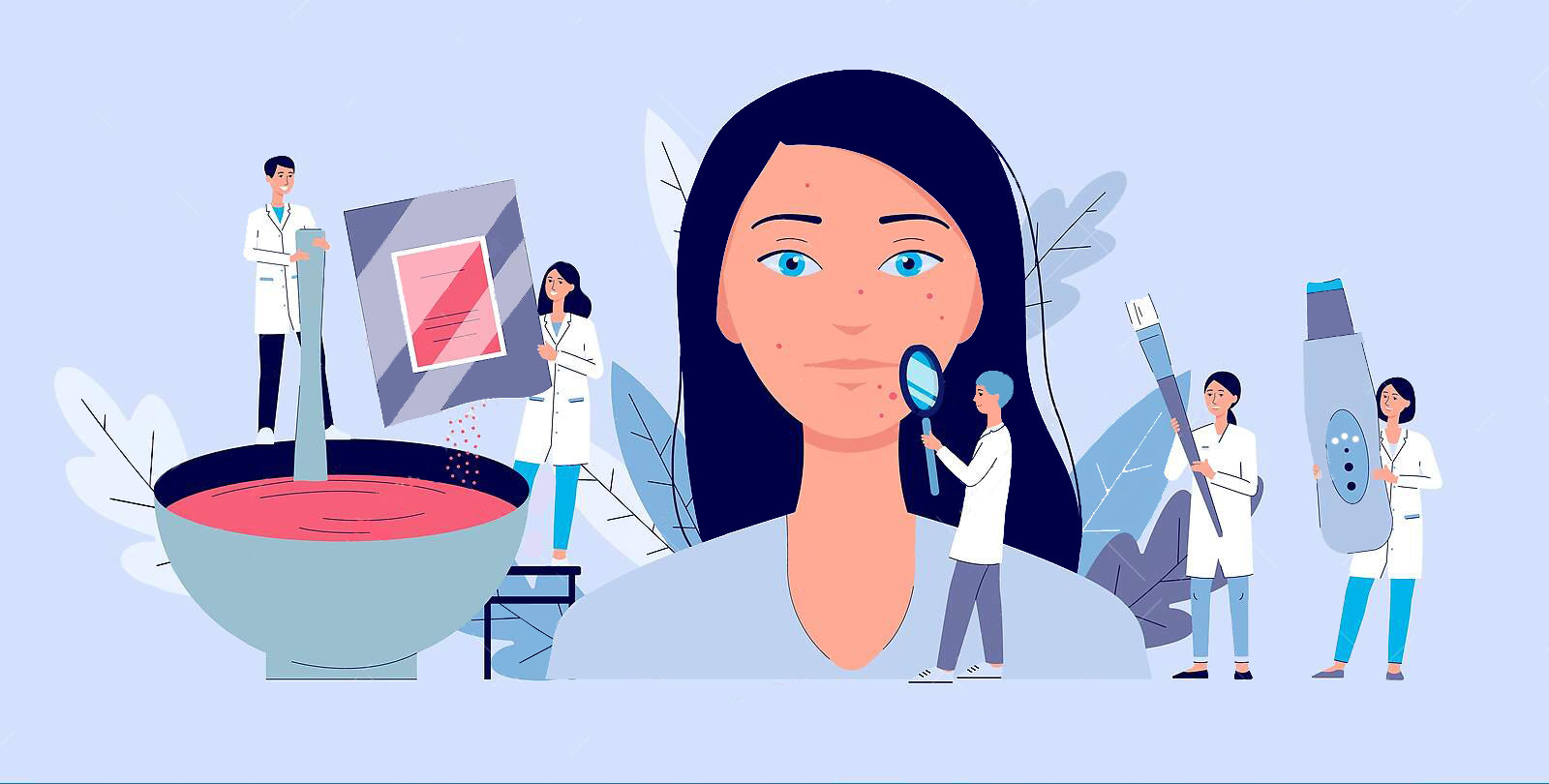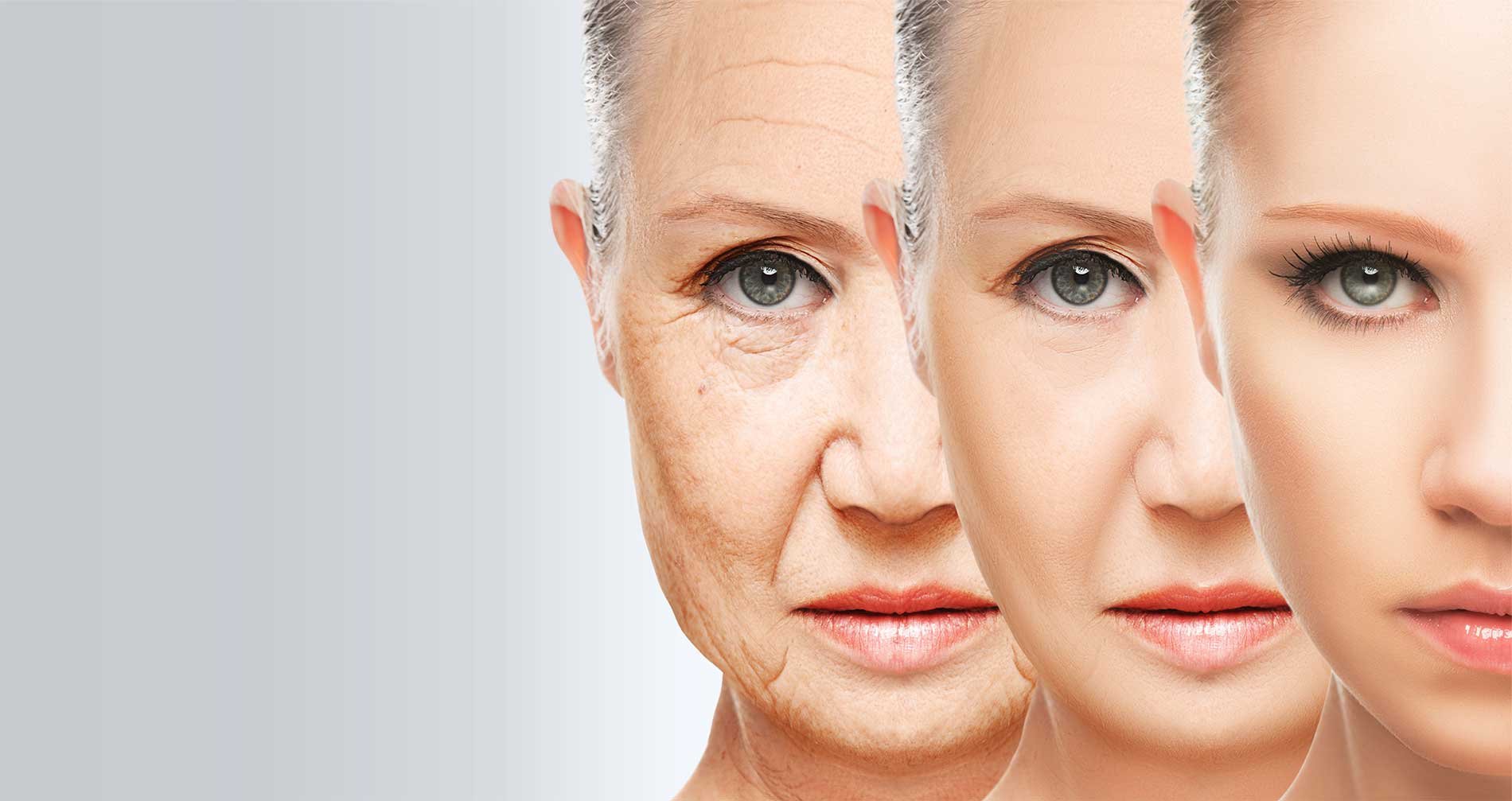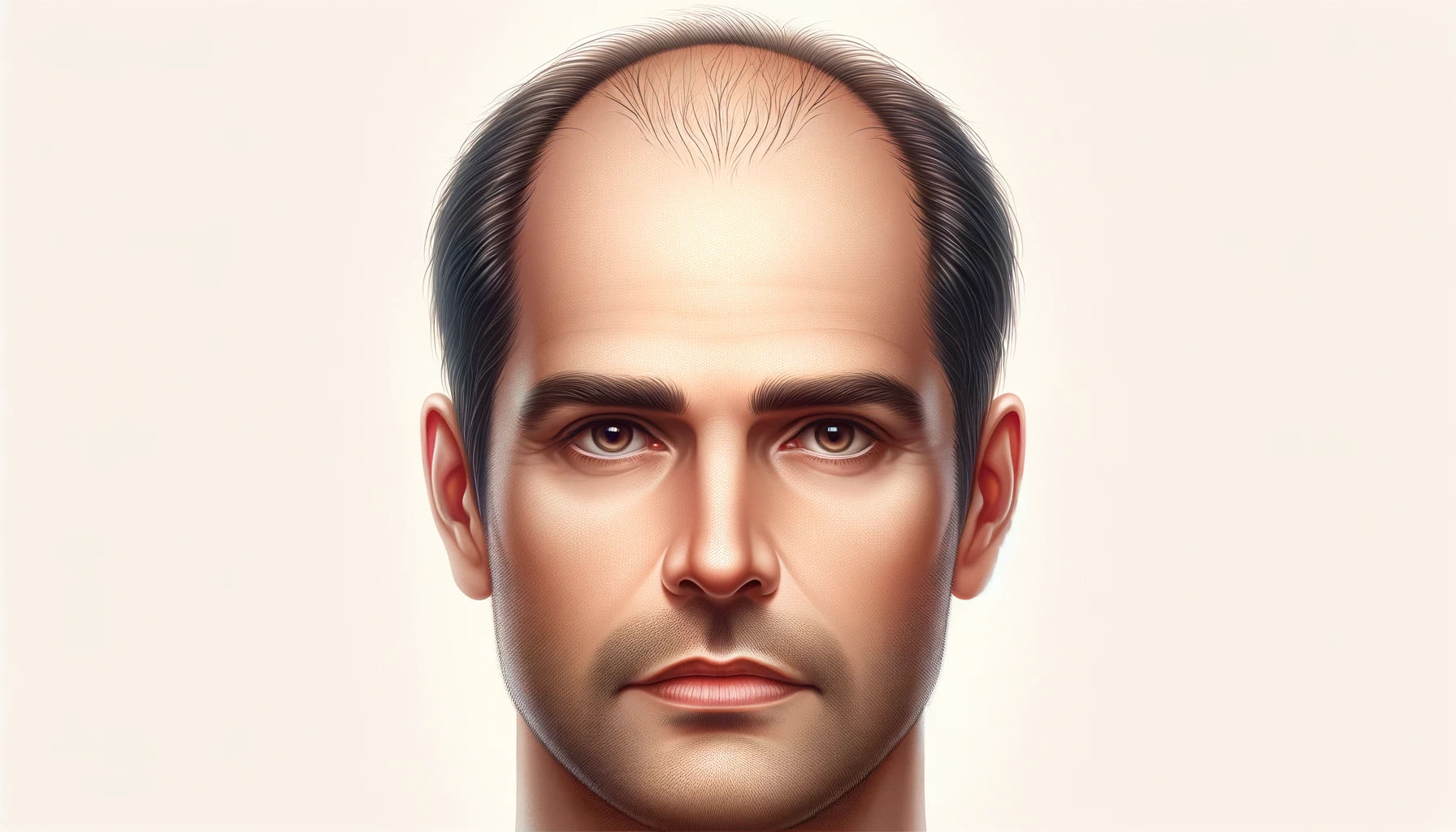
Seeing hair strands tangled in a comb can be distressing. Isn't it?
Hair loss is a common concern affecting millions of people worldwide. It often leads them to search for the reasons behind their thinning hair. It's connection to genetics is deep and complex.
The most common form of hair loss due to genetics is androgenetic alopecia. It is also known as male or female pattern baldness. It is hereditary. Globally, 95% of all hair loss cases are caused by genetics. In India, a study revealed that 9 out of 10 individuals suffer from genetic hair fall at least once in their lifetime. These statistics highlight significant role of genetics in hair loss across different populations. Understanding these figures can be crucial for anyone looking to address hair loss and its treatments.
Ready to take control of your hair loss? Schedule a consultation with expert dermatologists in India today and get personalized treatment options tailored just for you!
How Long Does Genetic Hair Loss Last?
Genetic hair loss is generally progressive and permanent. The rate at which one loses hair can vary. It often starts slowly and increases once the hair follicle is damaged beyond a certain point. It stops making hair forever. This makes this type of hair loss a lifelong condition.
Now, you might be wondering: How exactly does genetic hair loss manifest? Let's take a closer look at the symptoms.
Symptoms of Genetic Hair Loss
Understanding the symptoms of genetic hair loss can help you identify it early and start treatment sooner. Here are the common signs:
- Thinning on Top of the Head: This is the most common sign, especially in men. It starts with gradual thinning at the crown of the head.
- Receding Hairline: For men, hair loss often begins with a receding hairline that starts to form an "M" shape.
- Widening Part: Women may notice that their crown part is widening and becoming more visible, which is a common sign of thinning hair.
- Increased Hair Shedding: Experiencing more hair loss than usual can be an early sign. This might be noticeable on your pillow, in the shower drain, or on your hairbrush.
- Hair Feels Finer: Your hair’s texture might change. Strands often become finer and less strong.
- Bald Spots: These may develop, particularly in more advanced cases. They can be circular or patchy.
Curious about what is the reason behind inherited hair loss? Let's understand why genetics play such a crucial role.
Causes of Hair Loss and Genetics
- Hormonal Influence: Dihydrotestosterone (DHT) comes from testosterone. It is the main cause of genetic hair loss.
- Genetic Sensitivity: Hair follicle sensitivity to DHT causes hair thinning. This sensitivity is influenced by inherited genes.
- Inherited Traits: They determine how your hair follicles react to DHT. This affects your chance of hair loss.
At What Age Do People Lose Hair Genetically?
For men, this hair loss often starts with a recession at the front of the scalp, which can begin in their 20s or 30s. Though less common, some individuals may notice hair loss in their late teens. The majority of androgenetic alopecia sufferers start noticing their hair loss in their mid to late twenties. For women, genetic hair loss often becomes noticeable after menopause. It’s important to note that hair loss varies widely among individuals due to the influence of multiple genes and other factor
Ready to explore treatments? Dive deeper into effective solutions for genetic hair loss. Keep reading further!
How to Stop Genetic Hair Loss Naturally
- Balanced Diet: Eat foods rich in vitamins and minerals to support hair health.
- Stress Management: Use meditation or exercise to reduce stress, which can exacerbate hair loss.
- Gentle Hair Care: Avoid harsh treatments like strong chemicals or tight styles that pull on the hair.
- Scalp Massages: Regularly massage your scalp to improve blood flow, which might help maintain hair growth.
Genetic Hair Loss Treatment
- Topical Treatments: Products like minoxidil can be applied to the scalp to slow hair loss and promote hair growth. (Please don't use any medication or chemicals without doctor's recommendation)
- Hair Transplants: If you are at a certain age where hair restoration is not possible with medication or naturally, doctors may advise you to go for a hair transplant. Hair transplant surgeons can move hair from fuller areas of the scalp to thinner areas to improve hair coverage.
- Advanced Therapies: Treatments like platelet-rich plasma (PRP) injections can stimulate hair growth by using the body's own healing properties.
Unsure about the best approach for your hair loss? Book an appointment with one of the specialists today!
Conclusion
Genetic hair loss can be distressing. But, knowing its causes and progression helps manage expectations and explore treatments. Lifestyle changes and medical treatments can help a lot. They can improve the lives of those affected.
FAQs
Where does baldness come from genetically?
Baldness, especially male pattern baldness, often runs in families. This suggests a strong genetic cause. It's linked primarily to genes inherited from both the mother and the father.
Does stress speed up genetic hair loss?
Yes, stress alone does not cause genetic hair loss. But, it can make the condition worse and speed up hair thinning in people already prone to hair loss.


